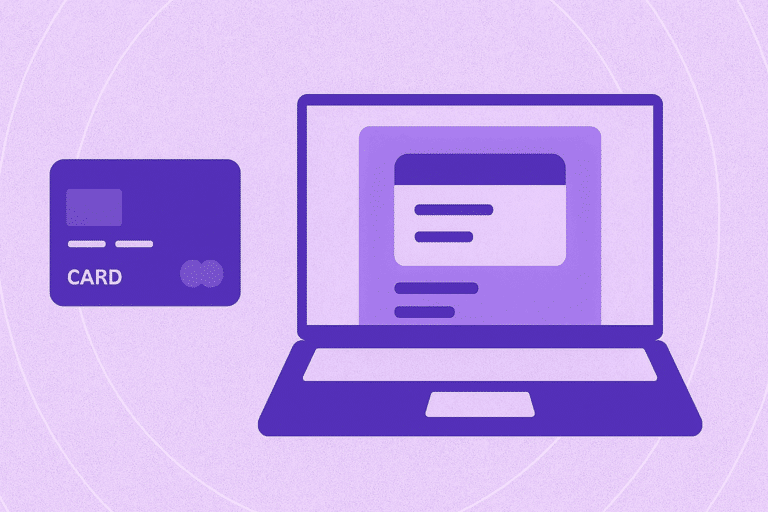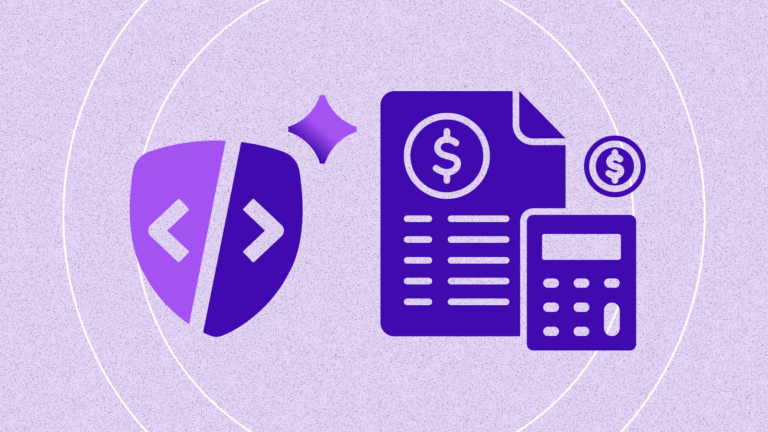TL;DR
- New Requirements: PCI DSS 4.0.1 mandates real-time script monitoring and change detection for payment sites by March 2025
- Available Solutions: AI-powered compliance software provides automated monitoring, integrity verification, and seamless integration
- Must-Have Features: Look for automated script discovery, tamper detection, approval workflows, and Magecart/e-skimming protection
- Business Impact: These tools help companies avoid penalties, protect customer data, and reduce compliance workload globally
For options across the market, see our roundup: Best tools to automate PCI DSS 4.0.1
Running a site that processes payments can be risky. Hidden scripts from ads, chat widgets, and third parties can expose your business to security attacks, such as Magecart and e-skimming. PCI DSS 4.0.1 requirements 6.4.3 and 11.6.1, which are mandatory as of March 31, 2025, require live script inventories, approvals, and real-time change alerts. The solution: A PCI DSS compliance software that tracks, verifies, and blocks tampering in real time.
“According to a survey by Bluefin and S&P Global Market Intelligence, fewer than a third (31%) of payment data security professionals in North America fully understand all the requirements in PCI DSS 4.0, and nearly 49% admit they haven’t started executing on the changes yet.” (Bluefin / S&P Global)
What does PCI DSS 4.0.1 cover?
Before evaluating software, it helps to understand what these PCI DSS standards require from websites that accept or process payments:
- Track inventory of all scripts
Maintain a complete, continually updated inventory of every client-side script running on payment pages, including those in single-page applications (SPAs). - Ensure script integrity
Validate each script’s integrity (e.g., via subresource integrity or cryptographic checksums) so you can prove it hasn’t been altered or injected with malicious code. - Authorize and justify scripts
Confirm that every script is explicitly approved and that you can document the business reason for its presence. - Detect and respond to unauthorized changes
Monitor for unexpected script or page-content modifications and respond rapidly to suspicious activity. - Prevent unauthorized script activity
Block scripts from accessing sensitive data or manipulating page content beyond their intended function.
What to Look for in PCI DSS Compliance Software for Requirements 6.4.3 and 11.6.1
When selecting a software platform to meet PCI DSS 6.4.3 (change control and script management) and 11.6.1 (unauthorized-change detection), look for tools that deliver:
- Automated script discovery and classification
- Real-time scanning of all payment-page resources, including third-party and dynamically loaded scripts.
- Clear categorization (first-party, third-party, marketing, analytics, etc.) to simplify risk assessment.
- Real-time scanning of all payment-page resources, including third-party and dynamically loaded scripts.
- Integrity verification and change tracking
- Automatic code verification that alerts you immediately when any payment page content is modified without permission.Built-in subresource integrity (SRI) or hashing to flag even the smallest unauthorized code change.
- Version history and diffs so teams can trace exactly what changed and when.
- Automatic code verification that alerts you immediately when any payment page content is modified without permission.Built-in subresource integrity (SRI) or hashing to flag even the smallest unauthorized code change.
- Approval workflows and audit trails
- Granular role-based approvals to enforce that only authorized personnel can add or modify scripts.
- Tamper-proof logs to demonstrate compliance during PCI DSS assessments.
- Granular role-based approvals to enforce that only authorized personnel can add or modify scripts.
- Real-time threat detection and alerting
- Continuous monitoring of the Document Object Model (DOM) and network requests to detect anomalies.
- Immediate alerts (email, SIEM, Slack, etc.) with clear remediation guidance.
- Continuous monitoring of the Document Object Model (DOM) and network requests to detect anomalies.
- Preventive controls and runtime protections
- Policy-based blocking to stop unauthorized scripts from executing or exfiltrating data.
- Integration with Content Security Policy (CSP) and other browser security features.
- Policy-based blocking to stop unauthorized scripts from executing or exfiltrating data.
- Ease of integration and reporting
- APIs and SDKs for quick deployment across SPAs, e-commerce platforms, and custom stacks.
- Executive and auditor-ready reports that map findings directly to PCI DSS controls.
- APIs and SDKs for quick deployment across SPAs, e-commerce platforms, and custom stacks.
Meet PaymentGuard AI: Your one-click, AI-powered, compliance software
Once you know what matters, it’s easy to see why PaymentGuard AI stands out. Built specifically for PCI DSS 4.0, PaymentGuard AI checks every box:
- Automated script inventory
Discovers and catalogs every script across your payment pages, checkout flows, and iFrames. - Instant integrity checks
Cryptographic monitoring flags tampering the moment it occurs, stopping Magecart and e-skimming attacks in their tracks. - Smart authorization workflows
Approve or block scripts with one click and document every change for clean, audit-ready records. - Real-time tamper detection
Delivers instant alerts and can automatically block suspicious scripts before they reach customers. - Fast, seamless setup
Works with any website architecture, from small online shops to complex enterprise applications.
By automating PCI DSS controls, PaymentGuard AI helps you:
- Avoid costly non-compliance penalties
- Protect customer card data and brand reputation
- Save hours of manual inventory and reporting work
Book a demo with a Feroot expert to discuss your needs and get full visibility into the Feroot AI platform.
Download our Requirements 6.4.3 and 11.6 datasheet here. (How to Automate Compliance with Requirements 6.4.3 and 11.6)


